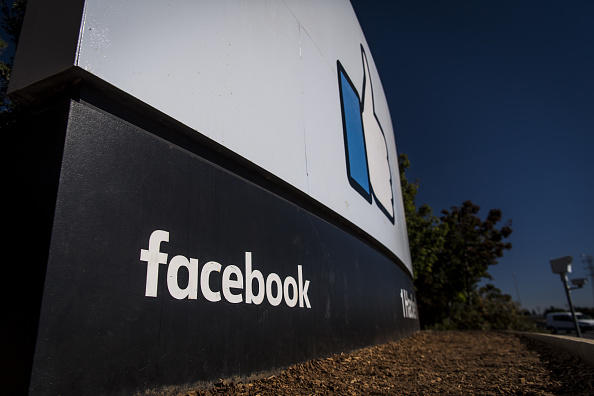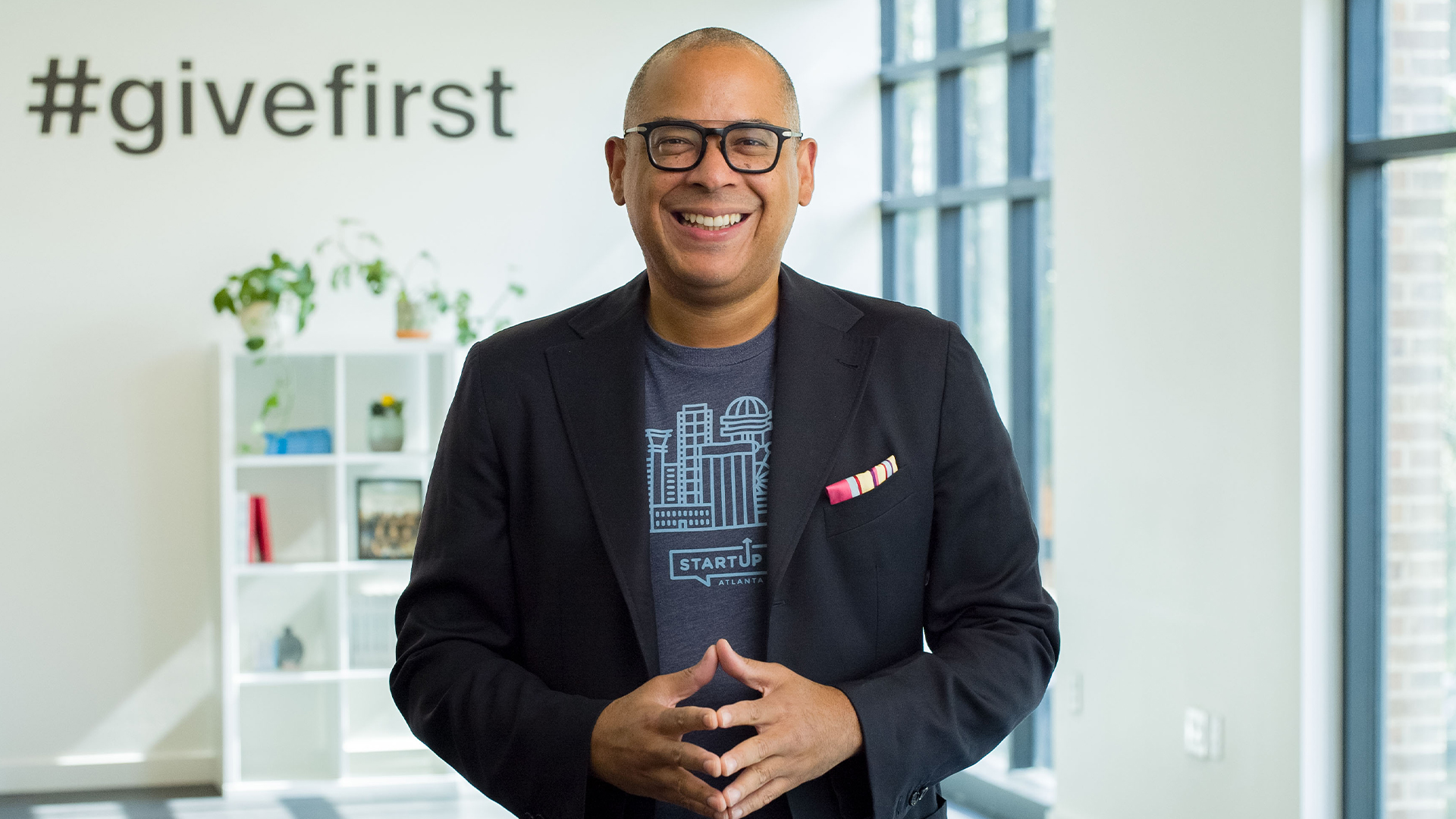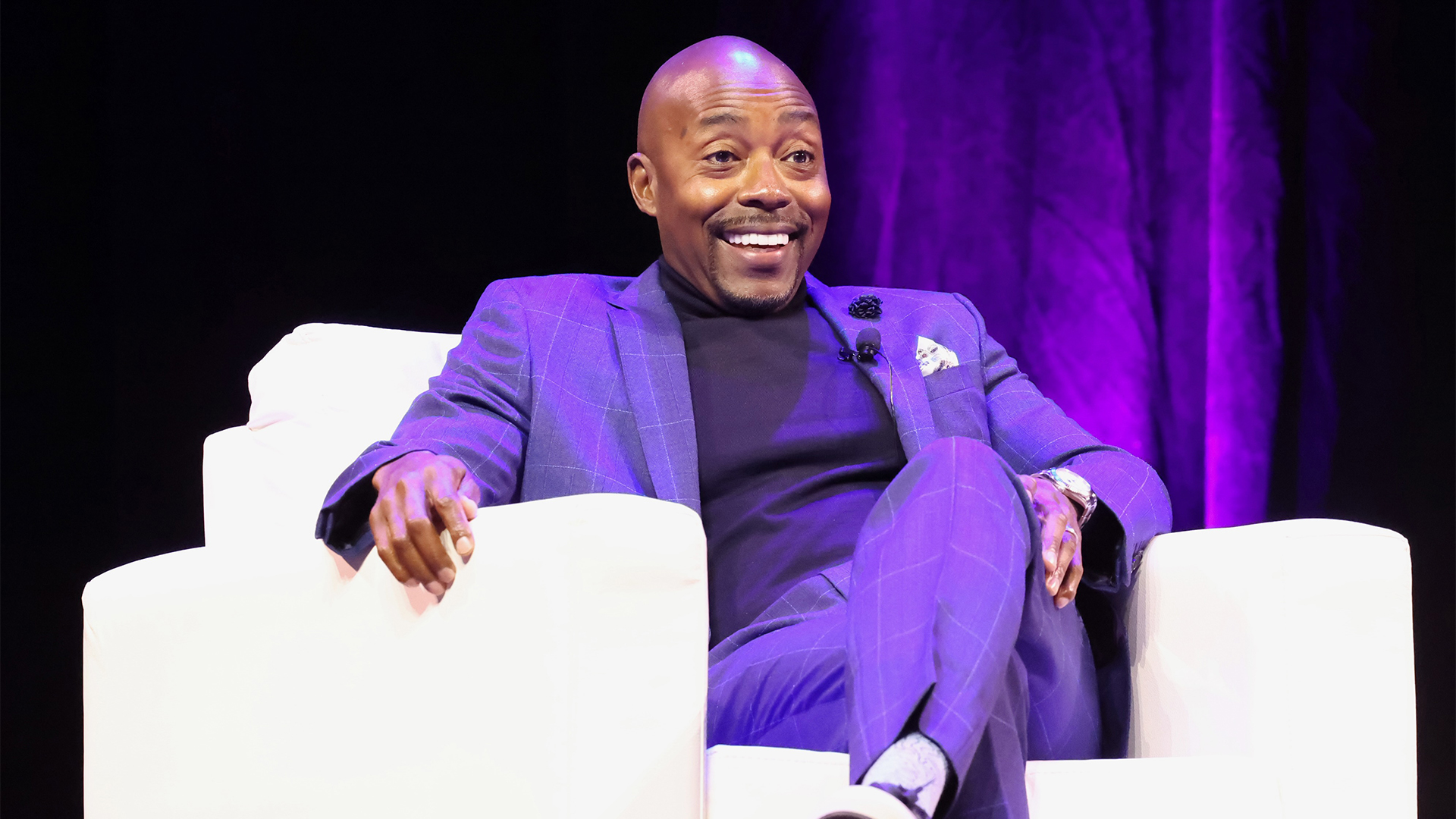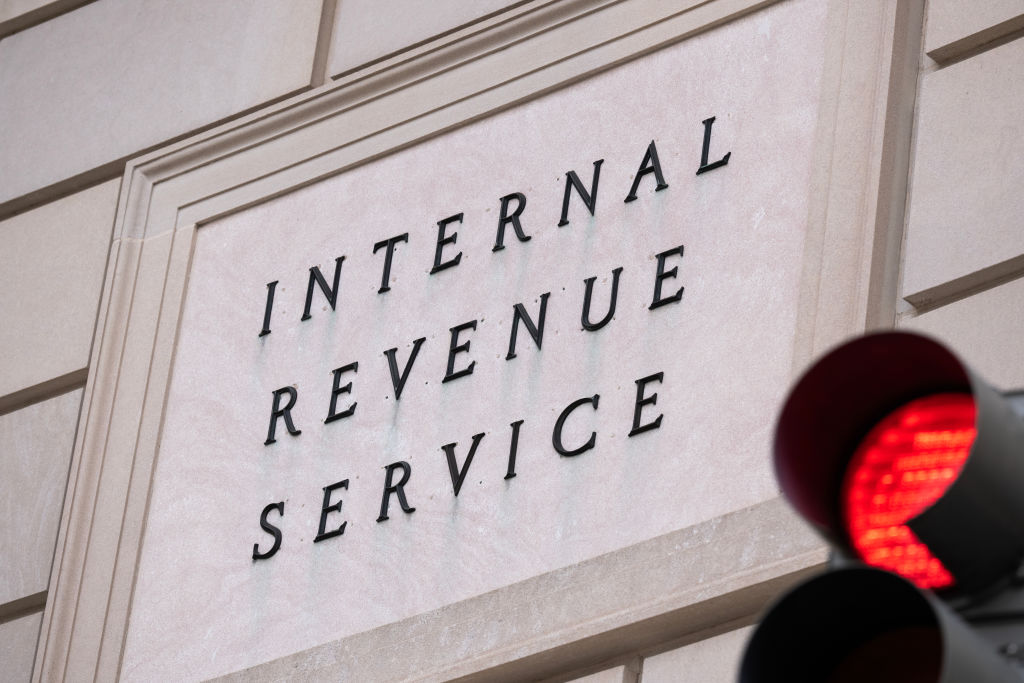Last week, Facebook refused to remove a video of Canadian white nationalist Faith Goldy lamenting white “replacement” and the invasion of white European countries. The decision came despite Facebook’s recent ban of white nationalism and white separatism.
Now, the company is pulling a slight reversal by banning a bunch of Canadian white nationalist groups from Instagram and Facebook, but only under rules preventing hate groups, as reported by the Hill. The groups were not pulled under the white nationalism and white separatism ban, even though that’s exactly the kind of rhetoric they engage in.
The ban will extend to Faith Goldy, Kevin Goudreau, the Canadian Nationalist Front, Aryan Strikeforce, Wolves of Odin, and Soldiers of Odin, according to the Hill.

“Individuals and organizations who spread hate, attack, or call for the exclusion of others on the basis of who they are have no place on Facebook,” a Facebook spokesperson told Buzzfeed News. “That’s why we have a policy on dangerous individuals and organizations, which states that we do not allow those who are engaged in offline ‘organized hate’ to have a presence on Facebook.”
Although the removal of these groups is one way for Facebook to continue its work against organized hate, it still leaves questions as to why they were not banned earlier.
Goldy’s video obviously relied on popular white nationalist rhetoric, such as the fear of white genocide. A spokesperson originally told HuffPost that the video didn’t violate any policies.
The pressure to tackle hate on its platforms has increased since the Christchurch shooting streamed live. Today, Facebook is even scheduled to testify in front of the House Judiciary Committee regarding the rise of white nationalism online.
The company has failed to fully address these issues for quite some time. Although the ban of white nationalism was a win for advocates, it means nothing if Facebook is afraid to call groups what they are.
Instead, recent actions suggest that Facebook may be more invested in fixing its public image than actually addressing its core problems.
















